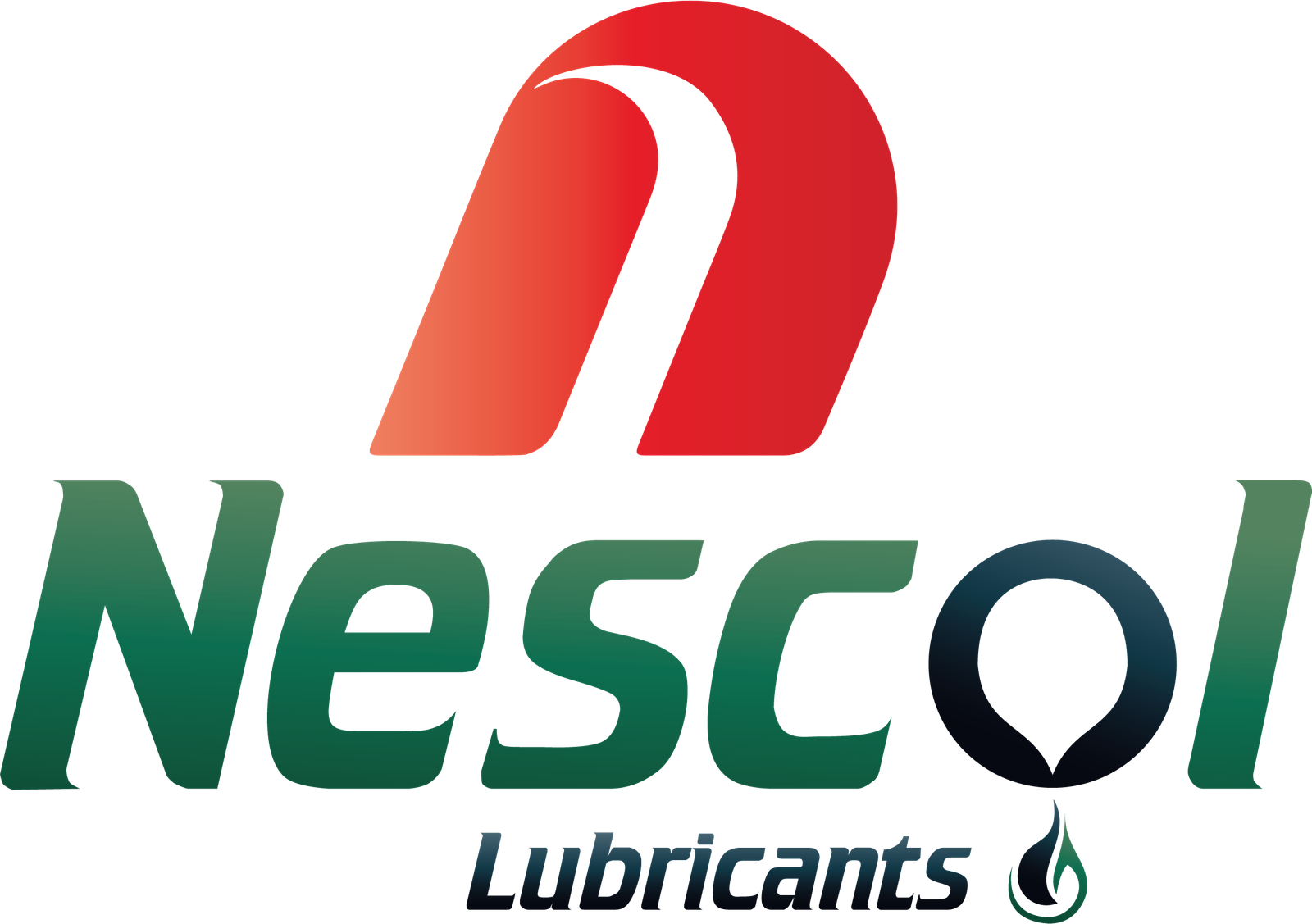Let’s Start Work
Together
Please feel free to contact us. We will get back to you with 1-2 business days. Or just call us now.
NESCOL Additive Components: Revolutionizing the Automotive Industry
NESCOL additive components are a range of advanced materials and additives developed by NESCOL, a leading manufacturer of high-performance additives for the automotive industry. These components are designed to improve the performance, efficiency, and sustainability of vehicles by enhancing the properties of various materials used in their production.

How do NESCOL Additive Components Work?
NESCOL additive components work by modifying the properties of materials such as polymers, fuels, and lubricants. These additives can enhance the strength, durability, and corrosion resistance of materials, while also reducing their weight and improving their thermal stability. By modifying these properties, NESCOL additive components can improve the overall performance and efficiency of vehicles, while also reducing their environmental impact.
Benefits of Additive Components
- Improved Fuel Efficiency: NESCOL additive components can enhance the fuel efficiency of vehicles by reducing their energy consumption and improving their thermal efficiency. This can help reduce greenhouse gas emissions and lower fuel costs.
- Increased Durability: NESCOL additive components can improve the durability of materials used in vehicle production, reducing the need for maintenance and repair. This can help reduce costs and extend the lifespan of vehicles.
- Enhanced Performance: NESCOL additive components can enhance the performance of vehicles by improving their acceleration, braking, and handling capabilities. This can help provide a more enjoyable driving experience.
- Reduced Emissions: NESCOL additive components can help reduce emissions from vehicles by improving their fuel efficiency and reducing their energy consumption. This can help mitigate the environmental impact of vehicle production.
- Sustainable Materials: NESCOL additive components can be used to create sustainable materials that are environmentally friendly and recyclable. This can help reduce waste and minimize the environmental impact of vehicle production.
Applications of Additive Components
NESCOL additive components are being used to develop advanced engine oils that can improve fuel efficiency, reduce emissions, and extend the lifespan of engines.
NESCOL additive components are being used to develop advanced fuel additives that can improve fuel efficiency, reduce emissions, and enhance the performance of vehicles.
NESCOL additive components are being used to develop advanced lubricants that can improve fuel efficiency, reduce emissions, and extend the lifespan of vehicle components.
NESCOL additive components are being used to develop advanced coatings that can improve fuel efficiency, reduce emissions, and enhance the performance of vehicle components.
Future Applications
- Electric Vehicles: NESCOL additive components will be used to develop advanced battery materials that can improve the range and efficiency of electric vehicles.
- Autonomous Vehicles: NESCOL additive components will be used to develop advanced sensors and software that can improve the safety and performance of autonomous vehicles.
- Hybrid Vehicles: NESCOL additive components will be used to develop advanced fuel additives that can improve the fuel efficiency and performance of hybrid vehicles.
- Aerospace: NESCOL additive components will be used to develop advanced materials and coatings that can improve the performance and efficiency of aircraft.
Conclusion
NESCOL additive components are revolutionizing the automotive industry by providing innovative solutions that enhance vehicle performance, efficiency, and sustainability. With the increasing focus on sustainability and environmental protection, NESCOL additive components will be essential in helping the industry to reduce emissions and improve fuel efficiency. As the automotive industry continues to evolve, it is likely that NESCOL additive components will play an increasingly important role in shaping its future.



